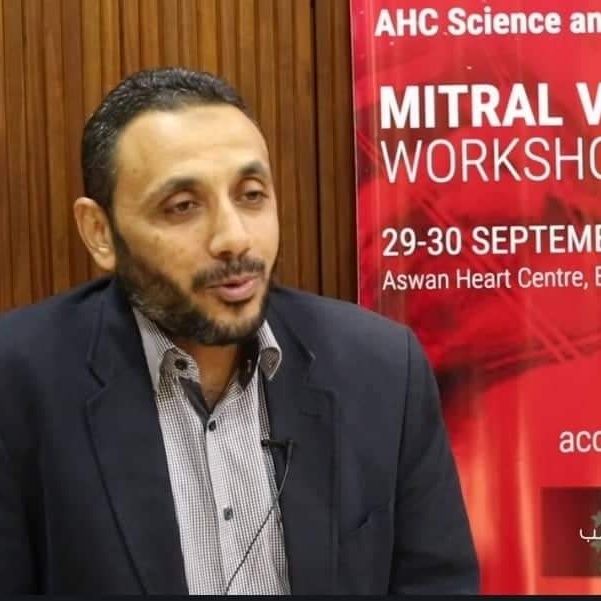Background:Mitral valve replacement surgery has substantially progressed along the last few decades. Only few reports from Upper Egypt cardiac surgery centers are currently available.
Aim:The aim of this study was to evaluate early morbidity and mortality in patients who had mitral valve replacement with mechanical valve prosthesis in Sohag University Hospital.
Methods: Two hundred and forty eight consecutive adult patients who had mitral valve replacement with mechanical prosthetic valve at Sohag University Hospital between March 2006 to June 2011 were included in the study. All patients were operated by single team of cardiac surgeons and anesthesiologists and followed up regularly for at least three months postoperatively. Data were extracted from prospectively collected database. Morbidity and mortality were reported according to internationally standardized guidelines.
Results: The predominant lesions were mitral stenosis in 104, regurgitation in 50 and mixed in 94 patients (42%, 20% and 38%, respectively). Atrial fibrillation (AF),left atrial thrombus and history of cerebrovascular stroke were reported166, 88 19 patients, respectively (66.8%, 35.5%, 7.6%, respectively). Mitral valve pathology was rheumatic in 221, degenerative in 8, endocarditis in 10 and prosthetic valve dysfunction in 9 patients (89.1%, 3.2%, 4.0% and 3.6% respectively). NYHA (New York Heart Association) class III predominated (56.9%). Mitral valve replacement was carried out in all patients and with concomitant tricuspid annuloplasty in 72 patients (29%). Early mortality occurred in 24 patients (9.7%). Early morbidity due to non-thromboembolic events was related mainly to pulmonary complications, Sternal wound infection and mediastinal bleeding. A variety of thromboembolic complications including cerebral, retinal peripheral vascular insults occurred in 23 patients (9.3%)and led to residual deficits neurologic and visual field defects.
Conclusion:Mitral valve replacement with mechanical valve is the treatment of choice for many significant mitral valve lesions. Although life saving, it carries the risk of several complications that can be avoided by optimizing pre, intra and postoperative management.
Keywords: valve replacement, thrombosis, endocarditis, anticoagulants.
*Corresponding author:Ayman M Abdel Ghaffar MD, Lecturer of cardiothoracic Surgery, Sohag University. Email: aymangf2001@yahoo.com

